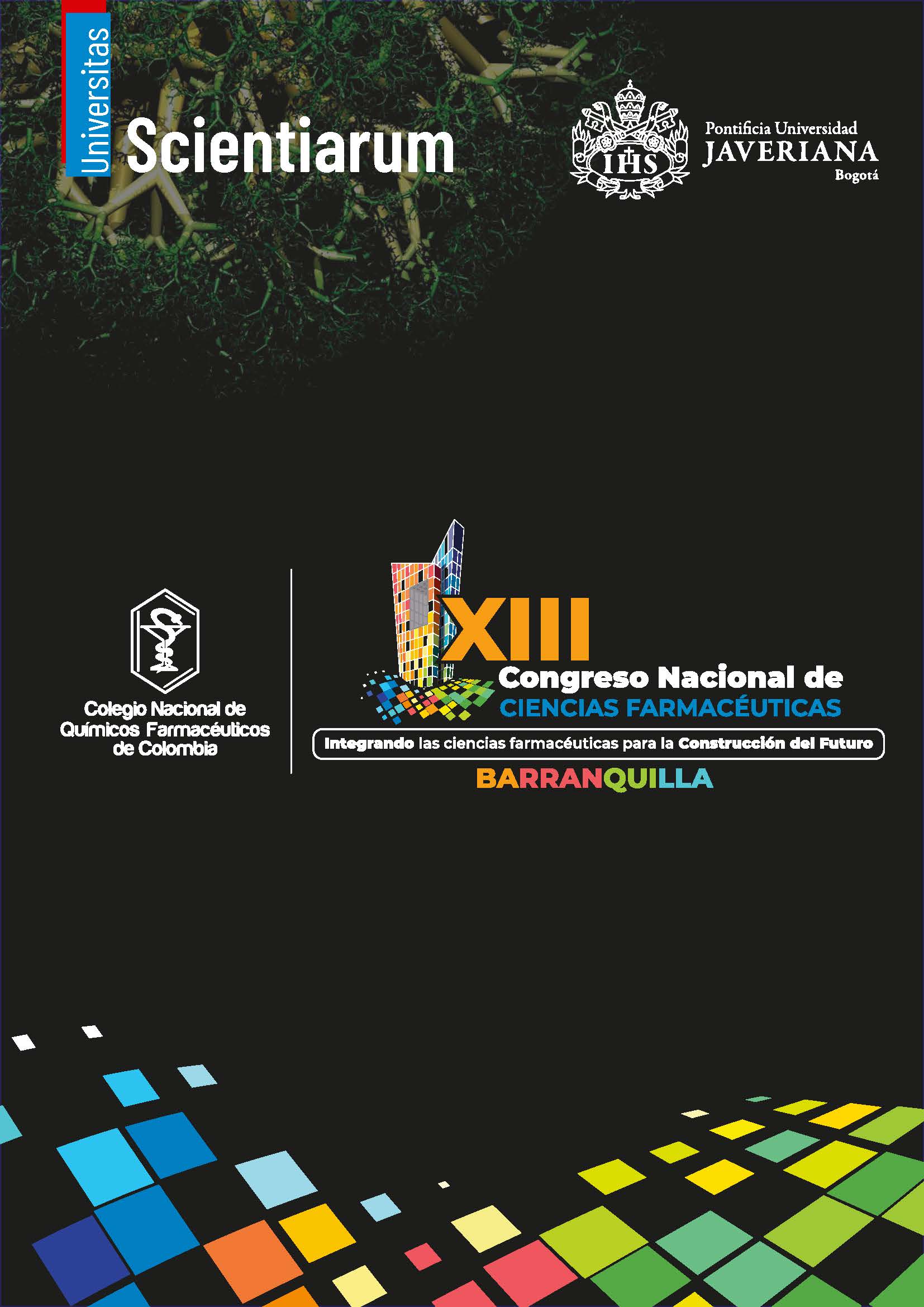Abstract
Mammea americana L., a tropical tree belonging to the Calophyllaceae family, is known in South America as “Mamey” or “Mamey Cartagena”. It is widely used in traditional medicine for treating skin diseases, fever, inflammation, and as an insect repellent. Despite the increasing inte rest in ethnopharmacology for treating various pathologies, further research is needed to explore the benefits of isolated components of Mamey as potential alternative substances for promoting human well-being. This study examined the physicochemical properties of the ethanolic extract derived from the endosperm of M. americana L. seeds using analytical and identification techniques. To obtain the extracts, dried plant material was ground into two particle sizes, macerated with 96 % USP-grade ethanol, filtered, and concentrated at 40°– 45°C. The physicochemical properties, chromatographic profiles, and stability of the extracts were subsequently analyzed. The results yielded two soft extracts with similar textures and scents, showing only slight variations in taste and color. Flavonoids, tannins, and coumarins (the main metabolite group) were identified, with coumarins showing luminescence at 330 nm. These metabolites influenced the partition coefficient and stability under specific conditions. The extracts displayed intermediate polarity and maintained stability under acidic pH. In conclusion, these results enhance understanding of the properties of M. Americana ethanolic extract, supporting its potential use in topical products.

This work is licensed under a Creative Commons Attribution-NonCommercial 4.0 International License.
Copyright (c) 2025 Camilo Pérez Acuña, Angie Pertuz Guerrero, Reinaldo Sotomayor Pino, Yina Pájaro, Gina Domínguez, Fredyc Diaz Castillo


